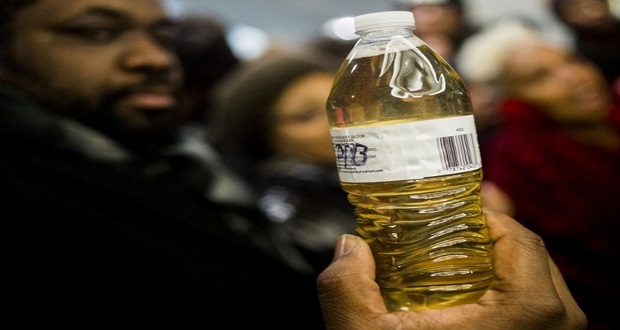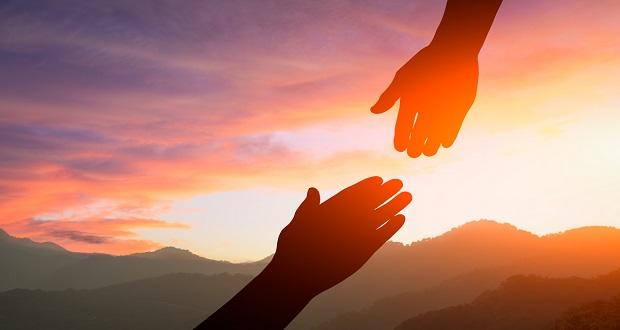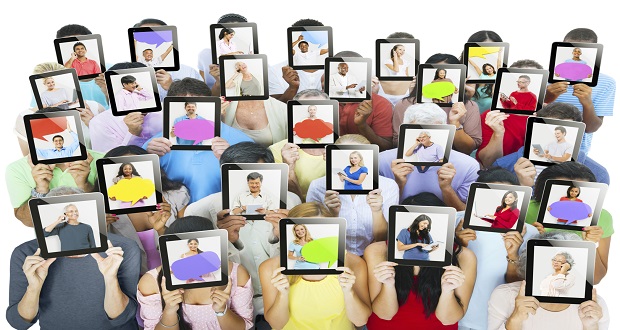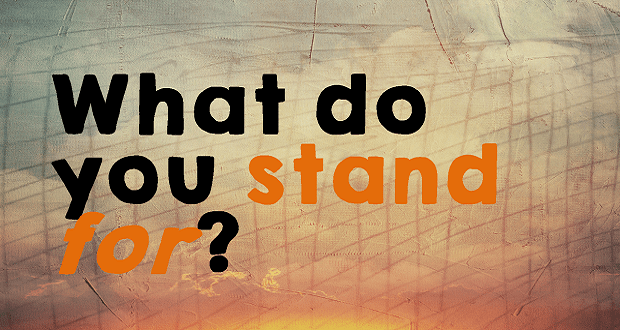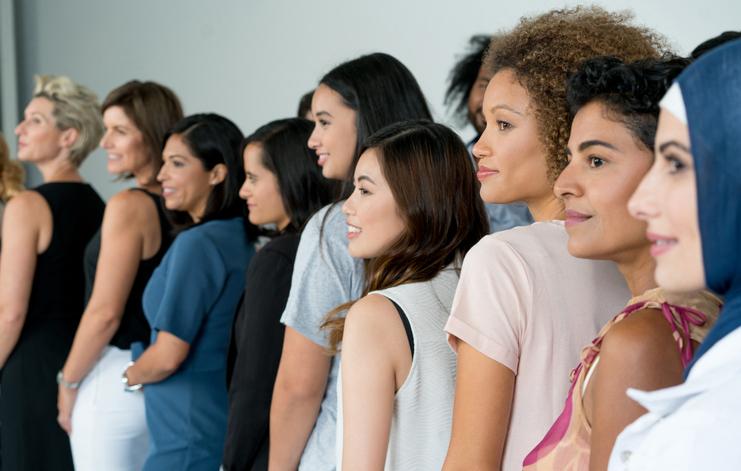
The death of renowned author Toni Morrison this week, at age 88, was a deeply felt loss. The courage and inspiration she was able to deliver through the written word, time and time again, were unmatched. During this mourning period. I’ve seen many examples of her infinite wisdom and inspiration shared ubiquitously over social media. In 2003, Morrison was interviewed by O Magazine, during which she said:
“I tell my students, ‘When you get these jobs that you have been so brilliantly trained for, just remember that your real job is that if you are free, you need to free somebody else. If you have some power, then your job is to empower somebody else.’”
As D&I practitioners, I would venture to believe that this sentiment drives a lot of the “why” behind the work that we do to empower others to advance their standing, to represent for others a new possibility for what they can become. For me, I am constantly striving to provide opportunities for others more junior in their career; to recognize where I have power and when I can extend that power to open up an experience to someone else who doesn’t have that power or voice. When can I invite someone to a meeting that would be beneficial for them to be in, even as simply a listener and a learner? When can I encourage someone to apply the skills and talents that I see so clearly in them, that they may not feel confident enough in themselves to speak up about?
I am constantly striving to provide opportunities for others more junior in their career; to recognize where I have power and when I can extend that power to open up an experience to someone else who doesn’t have that power or… Click To TweetWhere I find this message to present an interesting self-challenge, however, is in thinking about applying this same sentiment across others at a peer level. When can we find an opportunity to employ our power to free somebody else at an equal level of power as the one we hold? How could lifting others up who are our equals actually further the notion of empowering those with less power?
This year’s Democratic Party presidential candidate field currently features six women in the running. This is not purely a historic note, it is also a culturally significant one, insofar as there is not just one woman who alone has to answer ALL of the questions that female candidates for this highest office continue to receive: “Is our country ready for a female president?” “Are women electable?” By spreading the love (so to speak), there is not one singular voice who is forced to represent their entire marginalized population in addition to all the rest of the work that goes into running for president. And let’s not forget that the male candidates have the privilege of completely ignoring this dynamic of their candidacy and the additional energy that comes along with defending it.
Whether the female candidates feel like they are empowering each other by virtue of them technically running as each other’s opponents for the same office is one thing, but what is clear is the fact that there is more than one of them that has created a dynamic that can’t be ignored. In an interview with Vogue in July, Amy Chozick wrote about this group of candidates: “…collectively they have smashed our stubborn assumptions about powerful women and permanently changed our notion of what a presidential election looks like.”
Our voice carries more power the higher we climb in our career, but the influence of collective powerful voices is where the impact can really be made. Click To TweetOur voice carries more power the higher we climb in our career and presence in our field, but the influence of collective powerful voices is where the impact can really be made. As the Vogue article also pointed out, when Washington governor Jay Inslee sung his own praises about his track record on gender equity during the first round of debates, Minnesota Senator Amy Klobuchar was quick to point out to him “there’s three women up here that have fought pretty hard for a woman’s right to choose.” In that moment, Klobuchar invoked the power of amplified voices. She banded together with her political opponents to form a unified voice against one other specific political opponent.
When women support other women, particularly at higher levels of leadership where their collective voices hold more power, they work to break down the cultural and systemic hurdles that made it harder for them to advance in the first place and that continue to impede progress for younger generations. It will be some time until the story of the 2020 Democratic primary process is written, but my hope is that one (not too small) part of that story will be about a group of women whose empowerment of each other destroyed more barriers than what one woman could have done alone.
When women support other women, they work to break down the cultural and systemic hurdles that made it harder for them to advance in the first place and that continue to impede progress for younger generations. Click To Tweet
